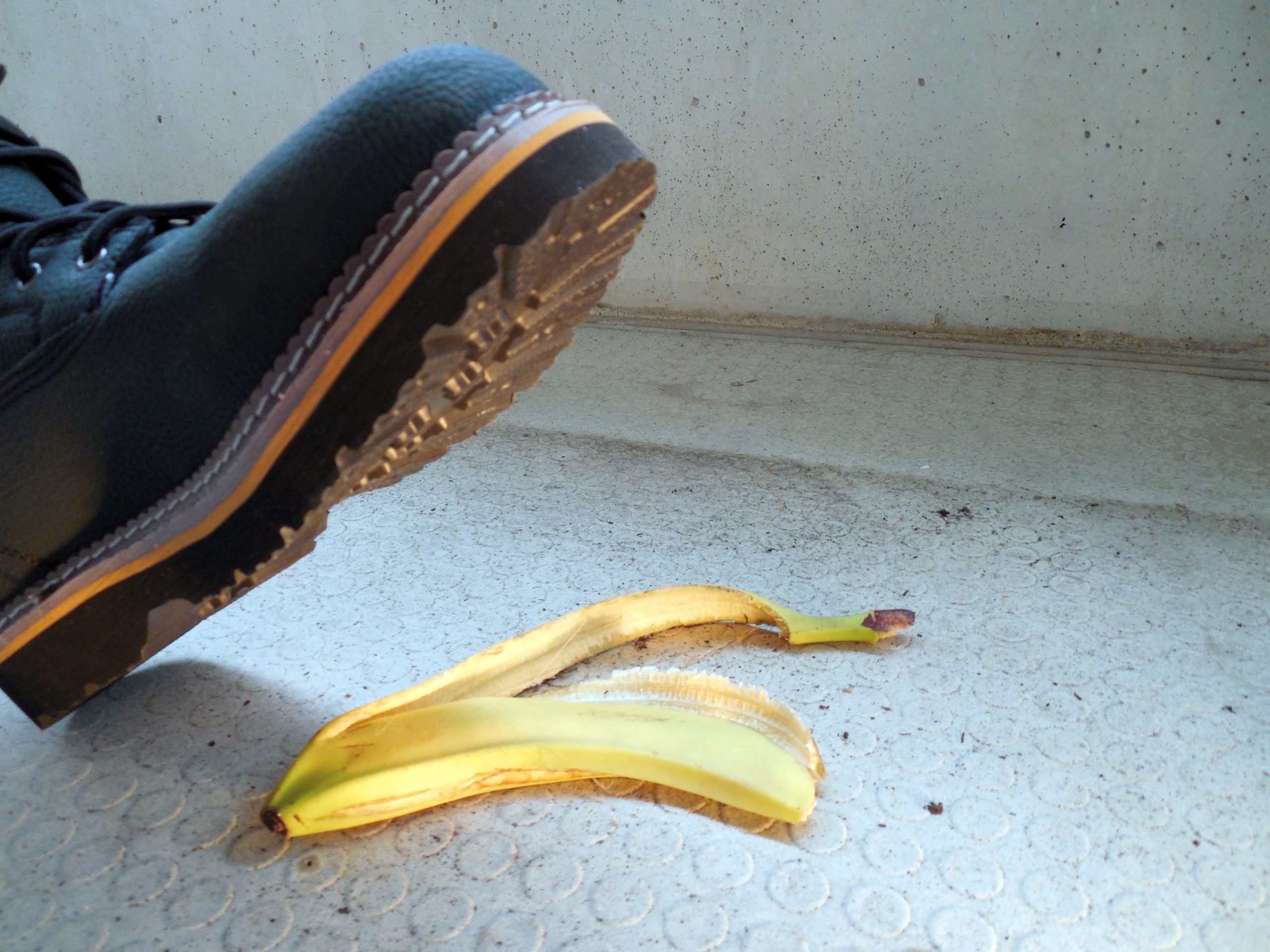 When you make a quick run to the store, the last thing you expect is to be injured while shopping. If you slip and fall at a store, you might expect the store to be responsible for any injuries you might have suffered. However, Louisiana law requires that a store have actual or constructive knowledge of the hazardous condition to be held liable. Therefore, if you are considering filing a lawsuit against a store for a slip-and-fall accident, it is essential to provide evidence of the store’s knowledge so your claim does not get dismissed.
When you make a quick run to the store, the last thing you expect is to be injured while shopping. If you slip and fall at a store, you might expect the store to be responsible for any injuries you might have suffered. However, Louisiana law requires that a store have actual or constructive knowledge of the hazardous condition to be held liable. Therefore, if you are considering filing a lawsuit against a store for a slip-and-fall accident, it is essential to provide evidence of the store’s knowledge so your claim does not get dismissed.
Quentella Batiste was shopping with her granddaughter at Vernon’s Supermarket in Lutcher, Louisiana. Batiste slipped and fell in a puddle of water in the beer and beverage aisle as she was headed to check out at the front of the store. She injured her shoulder, which required surgery. Batiste and her husband filed a lawsuit against Vernon’s Supermarket and its insurer.
Vernon’s Supermarket filed a summary judgment motion, arguing the Batistes could not prove Vernon’s Supermarket created or actual or constructive knowledge of the hazardous condition of the purported water on the floor, as required under the Louisiana Merchant Liability Statute, La. R.S. 9:2800.6. Vernon’s Supermarket provided deposition testimony where Baptiste said she did not know where the substance she slipped on came from, how long it had been there, or whether anyone at the store knew the substance was present before she fell. They also provided surveillance footage and testimony from several employees to support Vernon Supermarket’s claim no one knew about the substance before Batiste’s fall.
The Batistes argued the store had constructive notice because they had not performed a floor check the hour before the accident, which violated the store’s policies and showed they had not exercised reasonable care. The trial court granted Vernon Supermarket’s summary judgment motion. The Batistes appealed.
An appellate court reviews a trial court’s ruling on summary judgment motions de novo, which means it uses the same criteria as a trial court. Summary judgment is appropriate when there are no genuine issues of material fact. See La. C.C.P. 966.
Under La. R.S. 9:2800.6, the plaintiff (here the Batistes) has the burden to prove there was a condition with an unreasonable risk of harm that was reasonably foreseeable; the merchant created or had actual or constructive notice of the condition, and the merchant failed to exercise reasonable care. Here, the Batistes did not provide any positive evidence that Vernon’s Supermarket knew about the condition for a period of time before the accident.
Further, store employees testified they had not seen a wet substance on the floor. In her deposition, Batiste did not provide evidence in support and testified she did not know specifics about the substance or how long it had been there. Although the Batistes claimed the store’s failure to complete a floor check put it on notice, the appellate court found this insufficient to satisfy the Batiste’s burden of proof. Therefore, the appellate court affirmed the trial court’s grant of Vernon’s Supermarket’s summary judgment motion.
When pursuing a slip-and-fall claim against a store, it’s essential to understand the burden of proof imposed by Louisiana law. Demonstrating that the store had actual or constructive knowledge of the hazardous condition is crucial to a successful claim. Consulting with a knowledgeable lawyer can help you gather evidence to strengthen your case.
Additional Sources: Quentella Batiste and Hayward Batiste v. United Fire and Casualty Company, Veron’s Supermarket LLC and Greg Vernon
Additional Berniard Law Firm Article on Constructive Notice: Slip-and-fall Lawsuit Dismissed for Lack of Actual or Constructive Notice
 Insurance Dispute Lawyer Blog
Insurance Dispute Lawyer Blog

